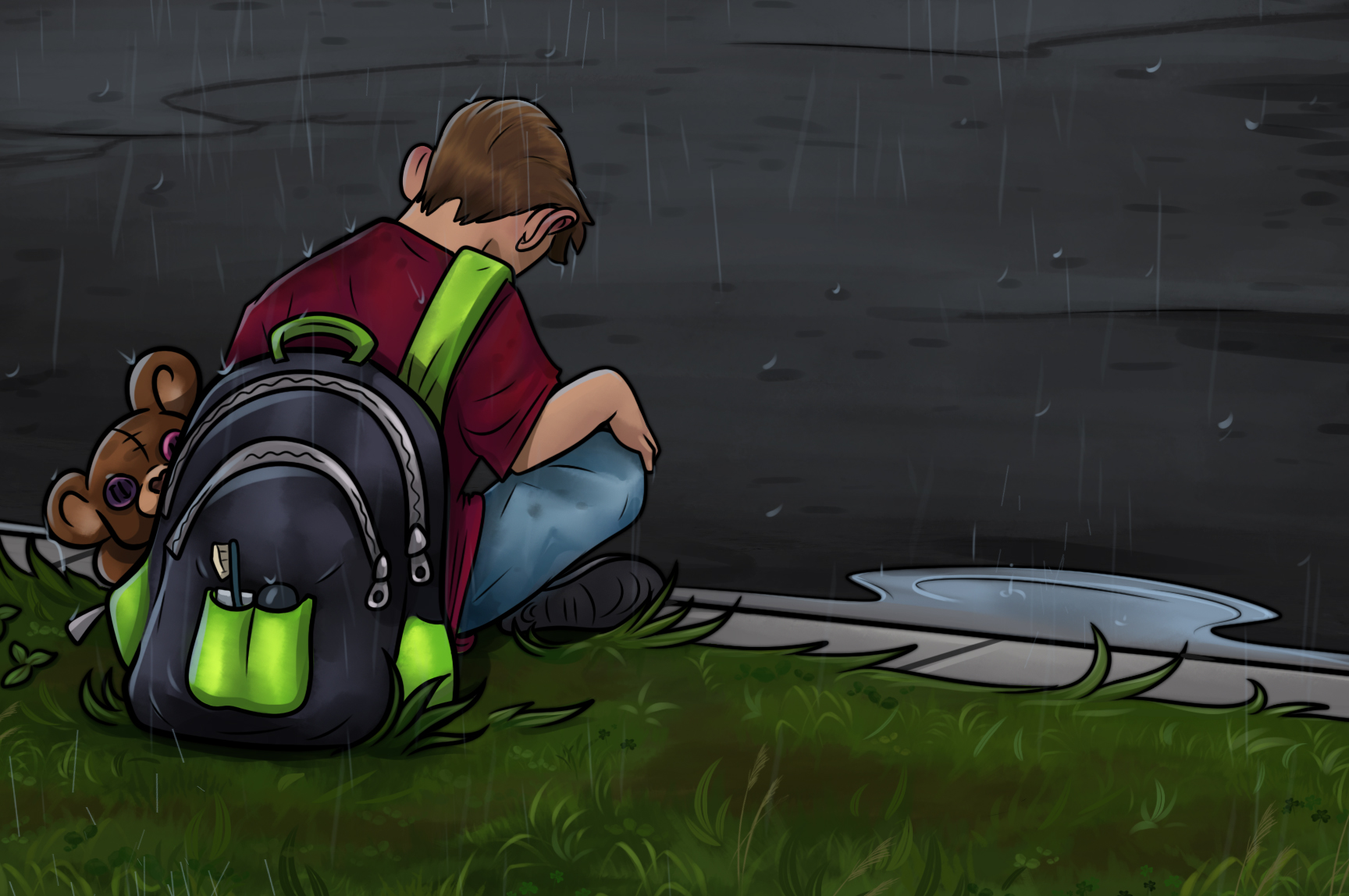You can’t force someone to be a parent.
It does not matter how much effort you put into facilitating the other parents time or how much effort you put into “making it easy” for the other parent to be involved. In order for the other parent to succeed, they must be willing to put in the work needed to be a parent. If you continue to do their part and force their relationship, or if another third party is attempting to force the relationship, the child is ultimately going to be hurt by the uninvolved parent.
These are some of the signs that the other parent is not doing their part:
- The other parent fails to acknowledge important milestones and special occasions in the child’s life. The other parent may not call or spend time with the child on the child’s birthday. The other parent may ignore special occasions like Christmas. The parent acts like the occasion does not exist and does not have a “makeup” celebration or provide birthday or Christmas gifts the next time the parent sees the child.
- The other parent does not ask about the child’s health, dental, education or other aspects of the child’s life or wellbeing. The other parent does not attend parent teacher interviews, school concerts, sports games, or recitals. The other parent is not involved in any aspect of the child’s life outside of their time with the child.
- The other parent does not view spending time with the child as a priority. The other parent only exercises parenting time or visits when it is convenient for them. The parent may cancel visits to spend time with friends or may accept extra shifts at work instead of spending time with the child. The other parent may cancel their parenting weekend to go on vacation instead of involving the child or planning their trip during a weekend that does not interfere with their parenting time.
If you are trying to co-parent with someone who is not doing their part, you should take steps to protect your child from the harm caused by the other parent’s lack of involvement.
Teach Resilience
Teach your child to be resilient. If plans fall through at the last moment and the other parent does not exercise their parenting time or visit, do not criticize the other parent to the child. View the positive in the situation and use the “extra time” you now have with the child as an opportunity to do something fun.
Avoid Disappointment
If the other parent has a history of bailing on the child, do not tell the child about the planned visits in advance. Let the child be pleasantly surprised by the unexpected visit. Do not leave the child waiting on the step with a bag packed for a parent you are not confident will show up.
Provide Updates
Keep the other parent informed of the child’s health, dental, education or other aspects of the child’s life and wellbeing even if this information was not requested. Make it a routine to provide the other parent with an “update” on the child. It is not up to you to follow-up or force the other parent to do anything with the information.
Set Boundaries
Be flexible with scheduling time for the child to see the other parent but do not let the other parent take advantage of your generosity. Do not cancel the plans you had months in advance because the other parent decided at the last second that it would be a good time to see the child. If you are available during the requested time, be flexible and willing to work with the other parent.
If you are in a similar situation, reach out for assistance. Learn your options and find the best way to handle your unique situation. Our team is always here to help parents in difficult parenting situations.





